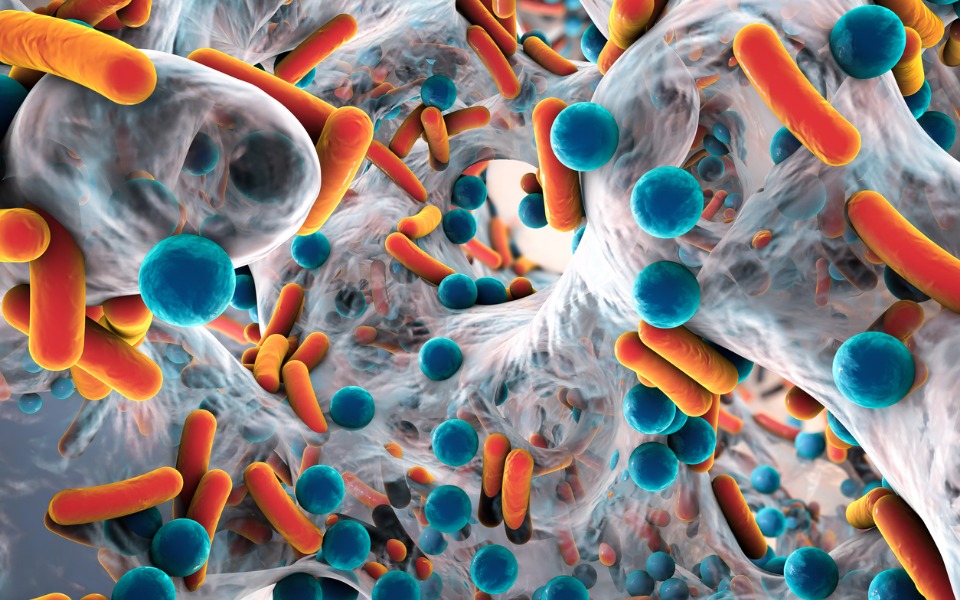
Researchers create new algorithm to enhance crop productivity through microbes
Researchers from the Indian Institute of Technology (IIT), Madras have developed and demonstrated an effective method to quickly ascertain the right combination and understand how microbes interact within a co-culture.

Researchers from the Indian Institute of Technology (IIT), Madras have developed and demonstrated an effective method to quickly ascertain the right combination and understand how microbes interact within a co-culture.
Microbes are used in commercial applications, and in industries like probiotics and biofuels, co-cultivations of these microbes are done under controlled conditions for improved yield and productivity of a certain product. These co-cultures are usually designed randomly based on hit and trial methods.
The study by researchers applies computer-based modelling to develop novel algorithms and identify metabolic interactions between bacteria. This understanding may help identify the perfect combination for a co-culture.
“There is no rational way to identify the co-culture to begin with. This is a more rational way of designing the co-cultures. We will extend the applications to plant productivity too. The purpose is to enhance the crop yield in less time,” says Dr Smita Srivastava, Associate Professor, Department of Biotechnology, IIT Madras.
The research shows that many metabolites act as messengers between microbes. These messengers are critical in defining how bacteria associate with one another and what combination is best suited for co-cultures. The interactions also play a significant role in a wide variety of applications ranging from probiotic design to biofuel production.
According to the researchers, one of the applications is focused on the agriculture sector, which may get certain metabolites that might be utilised by plants for its growth. “The plant can interact with certain organisms which are known in nature to live with the plant.
When we try to exploit that in the reactor system, it will help in overproducing that product from the plant,” said Dr Srivastava.
The team plans to extend the findings of this study to investigate interactions in the human gut. Their work was also a part of a recent collaborative project with Agency for Science, Technology and Research (A-STAR), Singapore, where their approach provided insights into the metabolic underpinnings of how the gut recovers following antibiotic treatment.
The algorithm is based on the popular computer science area ‘network theory’, where the interactions between different elements define their associations. “Here, we systematically navigate through the metabolic networks to identify the possible metabolites that can be exchanged between the bacteria. We then define the associations based on these metabolic exchanges,” said Dr Karthik Raman, Associate Professor, Department of Biotechnology, IIT Madras.
These metabolites define the kind of relationship between the bacteria. The team devised a new metric called ‘Metabolic Support Index (MSI)’, which helps quantify the benefits that an organism receives in a microbial community.
The research work has been published in Computational and Structural Biotechnology Journal. The research team comprises Dr Smita Srivastava, Dr Karthik Raman, and Dr Aarthi Ravikrishnan.
(With inputs from India Science Wire)

